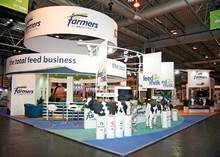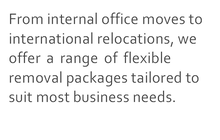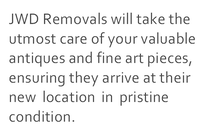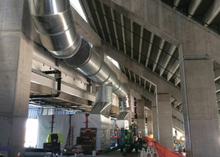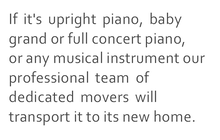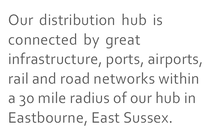|
||||||||||||||||||||||||||||||||||||||||||||||||||||||||||||||||||||||||||||||||||||||||||||||||||||||||||||||||||||||||
| Rents across Britain fell in 2018 for the first time in a decade, offering relief for tenants after years of inflation-busting rises. Figures from the Deposit Protection Scheme – a government-backed group that supervises tenancy deposits – showed the average rent fell by £9 (1.17%) from £774 in 2017 to £765. The typical UK tenant spent 31% of their income on rent in 2018, a fall of 0.5% from the year before, the DPS said. The Biggest Drop in Rent The biggest percentage fall was in Yorkshire and the Humber, where the average rent dropped by £21 (3.63%) to £546. London recorded the biggest fall in cash terms, with the typical property rented at £1,294 a month, down £30 from a year ago. Despite the drop, Londoners spend the biggest proportion of their pay on rent, with the typical tenant losing 41% of their monthly wage. Julian Foster of Computershare Investor Services, which produced the annual report for DPS, said: “This first drop in average annual rents for almost 10 years is good news for UK renters, especially if wages continue to climb in 2019.” Wages are currently rising at their fastest pace since 2008, up 3.3% on the year to November, according to ONS figures, while inflation has dropped to 2.1%. The fall in rents confounds forecasts from landlord groups, which said they would have to rise in 2018 to reflect new higher taxes on mortgaged buy-to-let properties. Dan Wilson Craw, the director of the campaign group Generation Rent, said: “Falling rents are great news and, despite constant warnings of increases from the property industry, these figures demonstrate that landlords can’t simply demand more whenever they want to. “This should give tenants confidence in negotiating with their landlord – it’s always worth checking rents in the local market if you’re being asked to pay more. For many of us, however, rents are still oppressively high and only a sustained fall will bring about a noticeable improvement in living standards.” A Sting in the Tail The sting in the tail for tenants is that while the DPS recorded rent falls nationally over the first nine months of 2018, it began to see a small uptick in the final three months of the year. Landlords said demand from EU nationals had slowed, but insisted rents would have to rise in 2019 to claw back money lost through buy-to-let tax changes and the letting fees ban, which comes into force in June. John Stewart of the Residential Landlords Association said: “Rics has warned that with demand outstripping the supply of rental properties, rents could increase in 2019 by an average of 2%. Certainly we are seeing shrinking investment in the sector because of the extra taxes being levied on landlords. “To counterbalance this, uncertainties around the impact of Brexit, including on house prices, may be encouraging longer tenancies, which results in fewer rent increases. “There is also slowing demand for rental properties from EU nationals, the benefits freeze, and more people are leaving London, which makes up a considerable proportion of the private rental market in the UK. These are all likely to be having a downward effect on rents.” So if you are in the process of moving to London or just about anywhere in the UK or Europe call JWD Eastbourne Removals 01323 430270, make one quick call and we will help you to take care of it all.
|
||||||||||||||||||||||||||||||||||||||||||||||||||||||||||||||||||||||||||||||||||||||||||||||||||||||||||||||||||||||||
|
||||||||||||||||||||||||||||||||||||||||||||||||||||||||||||||||||||||||||||||||||||||||||||||||||||||||||||||||||||||||








